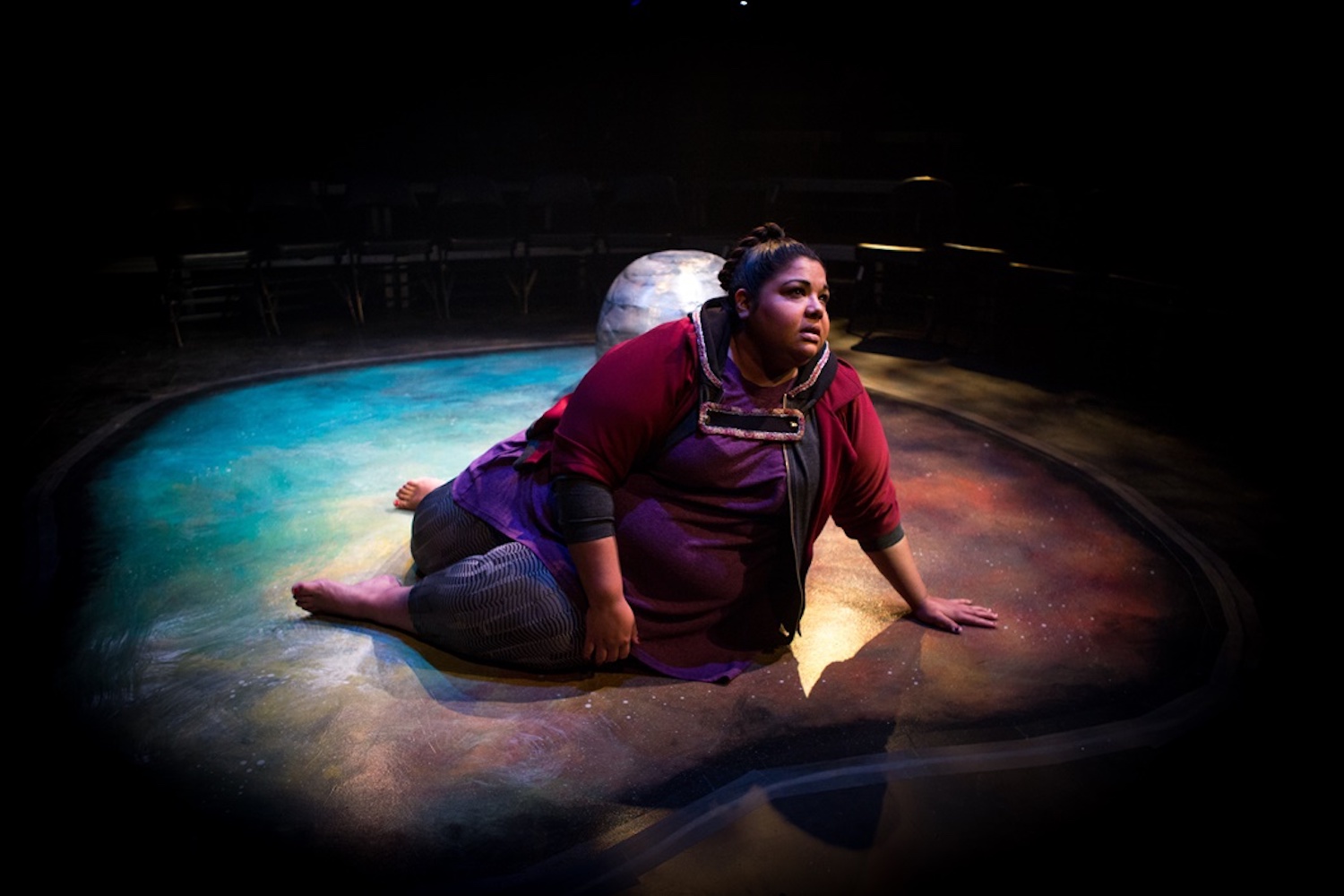Why I’m Asking White Critics Not to Review My Show

Credit to Author: Yolanda Bonnell| Date: Fri, 14 Feb 2020 15:03:16 +0000
This week my show bug, a theatre performance about women of an Indigenous family navigating addiction and intergenerational trauma, opened in Tkarón:to (Toronto).
As part of our efforts to decolonize art and foster culturally informed criticism, my theatre company, mandoons collective, run by Cole Alvis and I, requested that only Indigenous, Black, people of colour (IBPOC) folks review the show.
To be clear, white people are welcome to attend the show. It’s important to have witnesses present to understand the ongoing effects of colonialism. And we are totally fine with a person of colour giving us a bad review. It’s not the review we’re worried about, it’s the voice behind it.
Indigenous performance has been grossly under-reviewed and while the tide is shifting, the lens with which predominantly white critics view the work has been problematic. The lack of IBPOC voices in the media—at a time when arts’ coverage is shrinking—means white critics are often the gatekeepers of success.
There is often a tone along the lines of “I don’t understand this, therefore it’s not valid or good art.” Aspects like style, movement, language, and music are at risk of being dismissed. There are so many different styles of theatre or storytelling. Can everyone be proficient in all of those? Probably not. But as reviewers, I think there’s a responsibility in acknowledging that you may not understand certain cultural aspects of how the storyteller is choosing to tell that story.
In her 2015 book Medicine Shows: Indigenous Performance Culture, Yvette Nolan discusses the work Indigenous companies have undertaken to offer cultural context to reviewers, such as study guides as primers for Indigenous language, culture and worldview. And still, critics’ ignorance of the subject matter hinders their ability to assess the work, often relying on Eurocentric notions of excellence, further colonizing Indigenous performance.
In a review for Tita Jokes by Tita Collective, a group of Filipino artists, white critic Lynn Slotkin expressed frustration that the word “tita” meaning “aunt” in Tagalog wasn’t thoroughly explained. “I’m wondering, therefore, for whom is this show meant? Is it for a Philippine audience or a general audience? They have to decide,” she wrote.
In response, Aila Rasul of the Tita Collective said, “We feel okay that you had to look up what Tita meant. I’d like to invite you to think about how that felt, and imagine a group of people who constantly feel alienated in art spaces.”
White folks do not understand what it is like to walk through the world as a person of colour. However, as people of colour, being constantly inundated with whiteness in the media, in our everyday lives, in academia, in institutions, we are required to understand whiteness. We know how and when we need to code switch. How to present as or act white to gain respect.
With all of this in mind we decided to request only IBPOC reviewers be invited to critique the show.
Within hours of discussing that decision on CBC’s Q Monday, I was subjected to floods of attacks on social media. I’ve been called a racist, a bigot, a whore, a cunt. Accused of doing this to boost my ticket sales. I’ve been threatened. And as this article comes out, it’s still going.
But our decision was rooted in the safety for artists of colour. And having people telling me I’m brave and that they’ve wanted to do the same thing for a long time makes a lot of the backlash worth it.
White supremacy is alive and well in this country, we have seen it clearly with what’s happening on Wet’suwet’en territory, we see it in the hate that we receive online and in person. But that doesn’t mean that we can’t fight back. Our communities are strong and we have more power than colonial institutions would lead us to believe.
We urge more IBPOC folks to challenge the system. This is how change is made. This is how we find the intersections of equity. The more work we do in decolonizing and dismantling these structures, the more power we will find.
bug by Yolanda Bonnell runs until February 22 co-presented by Theatre Passe Muraille and Native Earth Performing Arts